Saeid Sharifian, the University’s Supercomputer Initiative technical director told Mehr News that the project was to improve the initiative launched in 2010 to catapult it to higher processing capability both in hardware and software. However, he noted that the project needed budget.
“Current supercomputer consists of 300 computers and has wide applications in special industries,” Sharifian said, “it operates with 4600 processors and provides secure internet services and network.”
“The software should be renewed every six months and hardware every five years; the supercomputer is also used by researchers of other universities including Sharif University of Technology, Science and Technology, Isfahan University of Technology, Mashhad’s Ferdowsi University and others; the super computer has helped in more than 300 dissertations,” Sharifian explained. “This species of supercomputers would find applications in oil and gas explorations, bioinformatics and biomedicine, cultural modeling, automotive industry, and any company in need of fast calculations,” he added.
“Ultra-fast processing units would also help provide technical advice for companies with high returns,” said the lecturer in University College for Electrical Engineering.
“The supercomputer operates in cloud computing to manage the system, a mode of operation of 80 per cent of supercomputers in other countries,” he said.
Sharifian also noted that the research in the Ultra-fast procession Research Center in the Amir Kabir University of Technology suffered from limited resources, and any industry should wait in the queue for a month to use the system. “We will rearrange the former 300 computers to a collection of 70 computers and will operate almost 1000 times faster in comparison,” he said.
SH/HRGH
MNA
END



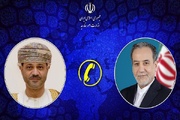
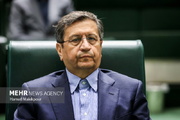
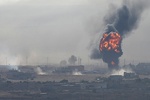
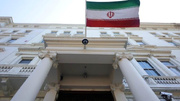
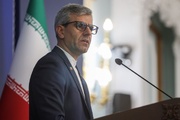
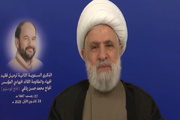


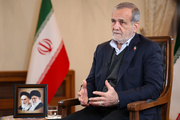
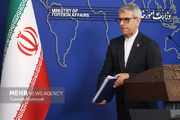





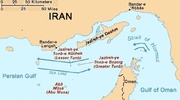







Your Comment